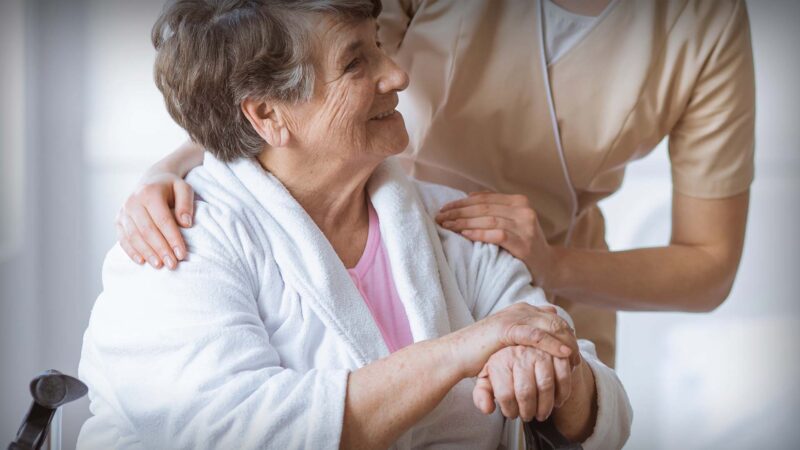Avoiding unplanned readmission into hospital is important. A significant proportion of hospital readmissions are avoidable and vulnerable groups, such as older people, are disproportionally affected by unplanned readmissions. Unplanned readmissions are associated with poorer health outcomes, lower satisfaction with healthcare, and increased health system costs.
The transition process between hospital and home is risky for the patient, however it is also a phase where patients may not necessarily need the intensity of a hospital bed, nor might patients actually want to remain in hospital especially if the same level of patient safety could be assured in the patient’s own home.
Tracey Johnson is the CEO of Inala Primary Care, a not-for-profit general practice located in Inala serving approximately 7000 patients; 4400 of whom attend clinic regularly. Inala is a suburb of Brisbane, Queensland and has a population of great cultural and linguistic diversity, with just under 40% of residents speaking English at home. It is also one of Queensland’s most socioeconomically marginalised urban areas.
Australian Health Journal spoke with Tracey on the role of Inala Primary care in reducing hospital admissions.
The delivery of care in a culturally and linguistically sensitive manner across all levels of the healthcare system is seen as deficient. In an effort to improve healthcare access and equity, Inala Primary Care and the Mater Integrated Refugee Health Service (MIRHS) co-developed the Mater Culturally & Linguistically Diverse Healthcare Coordinator Service (MCHooSe).
Commonly delivered services included following up with external health services, chart reviews and helping patients coordinate external health care appointments. Surveys of primary care clinicians (GPs and practice nurses) revealed that MCHooSe improved patient access to external health services and improved patient understanding of their treatments.
The data also revealed that the primary care clinicians felt the patients’ wellbeing improved after their patients had access to the service and that patients were more likely to be compliant with attendance and treatments. Most importantly, primary care clinicians said they received communications from the hospital quicker if MCHooSe was involved.
In combination, these factors are known to reduce the risk of hospital readmissions. MCHooSe highlights the potential to improve hospital outcomes through better healthcare coordination and improved healthcare equity for multicultural patients.
Tracey also talks about the outcomes of non-dispensing pharmacists in general practice in a pilot running at Inala Primary Care. Prior health research has shown the integration of non-dispensing pharmacists in the general practice clinic has significantly reduced emergency department presentations and hospital readmissions in certain patient groups (long-term polypharmacy suffering from congestive heart failure or chronic obstructive pulmonary disease).
As part of the pilot, pharmacists are working towards averting hospital readmissions, new hospital presentations and adverse health outcomes. Formal evaluation of the pilot is currently being completed by Brisbane South PHN and Griffith University.
You Might also like
-
Smart wearable technology recognised for improving quality of life
Nurses have a pivotal role to play in the widespread implementation and adoption of digital health technologies throughout the healthcare sector for the primary purpose of improving safety and quality of patient care.
Australian Health Journal talked to two of Australian top leaders in nursing and in digital health on how the role of nursing is pivotal to the success of digital health in the Australian health system.
-
Care workforce challenges
In a wide ranging report looking at the carer needs across Australia, PwC Australia published Reimagine Care Workforce Solutions in October 2022.
Australian Health Journal spoke with Kerryn Dillon, Director Ageing and Reablement and Health Workforce at PwC Australia about the community care sectors of aged care, disability care and childcare the report covers.
-
Surgeon receives global award for kidney transplant science
Commencing a new series called Pioneers in Health Care, is an interview with Professor Jeremy Chapman AC who for over 40 years, has been involved in nephrectomy, or kidney transplantation.
Honoured “for eminent service to medicine, particularly in the areas of clinical and biomedical research, to the development of ethical policy and practices for organ donation, acquisition and transplantation, and to renal medicine organisations and publications, Jeremy Chapman AC has played significant roles in development of kidney, pancreas and unrelated Bone Marrow Transplantation in Australia.



